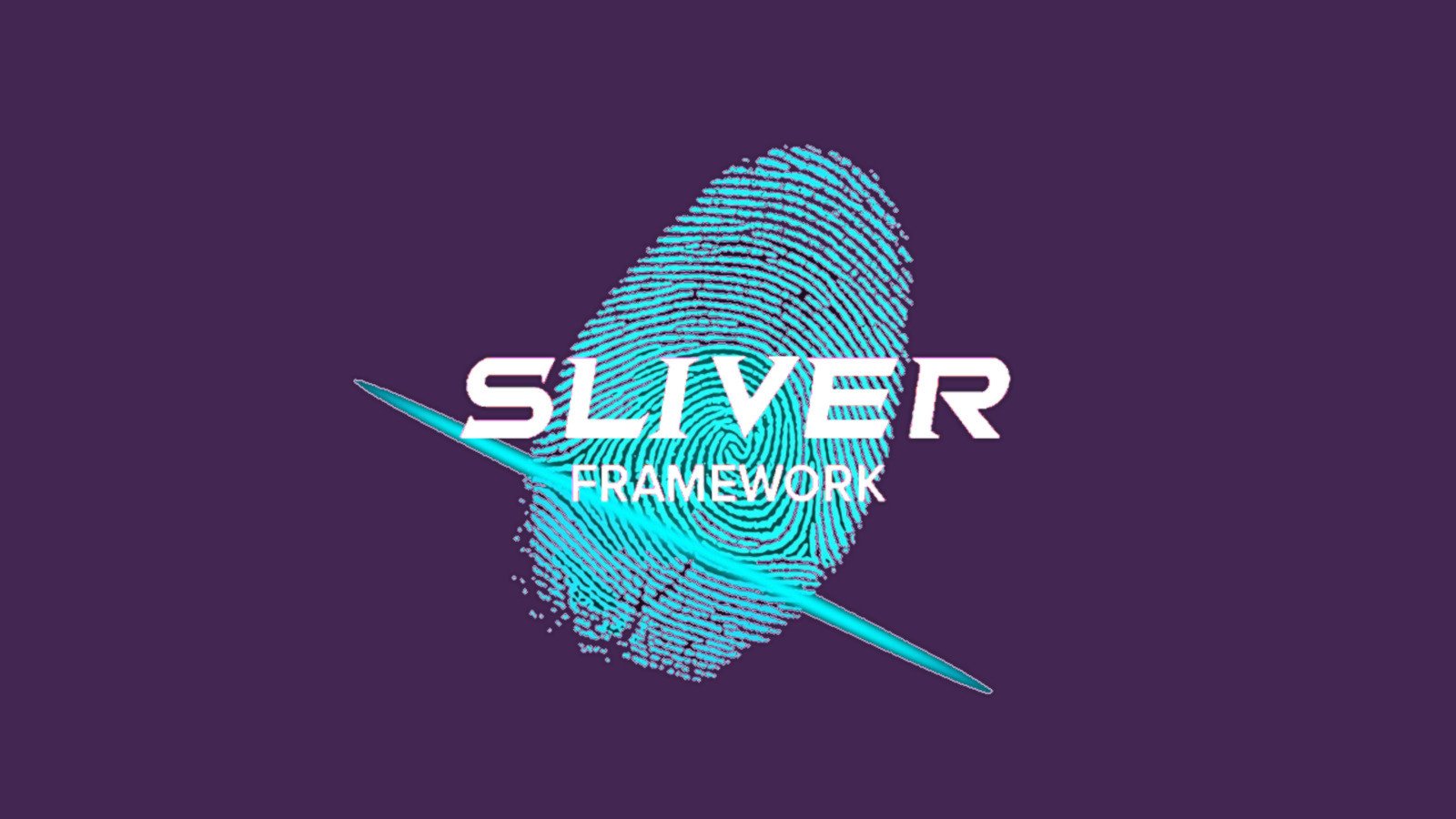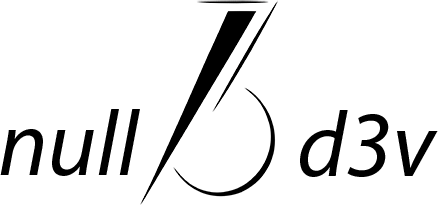How can business leaders prepare for AI changing leadership?
From the shop floor to the boardroom, artificial intelligence (AI) has emerged as a transformative force in the business landscape, granting organizations the power to revolutionize processes and ramp up productivity.

The emergence of artificial intelligence (AI) is revolutionizing businesses, offering opportunities for growth and competitiveness while also posing new challenges.
A study commissioned by IBM, titled "Leadership in the Age of AI," surveyed European executives on the transformative impact of AI on leadership roles. Europe, with its innovative environment, is poised to benefit from the upcoming EU AI Act, providing a comprehensive regulatory framework. Generative AI deployment is a top priority for CEOs in 2024, but concerns around security and privacy are hindering adoption. Business leaders must address these challenges while considering the societal costs and risks associated with AI.
The EU AI Act emphasizes transparency, accountability, and human oversight in AI development and implementation, categorizing use cases based on risk levels. To navigate this new era of AI leadership, companies should establish AI governance strategies focused on transparency, fairness, and privacy, as well as create AI ethics boards to guide ethical decision-making. Equipping workforces with the necessary AI skills is crucial for success in the digital economy.
Organizations must invest in upskilling and reskilling their employees to adapt to AI transformation. With legislative frameworks in place, European business leaders must embrace trust, transparency, and ethical principles in AI adoption to drive growth and return on investment.
























![Largest Data Breaches in US History [Updated for 2023]](https://nulld3v.com/uploads/images/202311/image_430x256_654e69df8d469.jpg)












